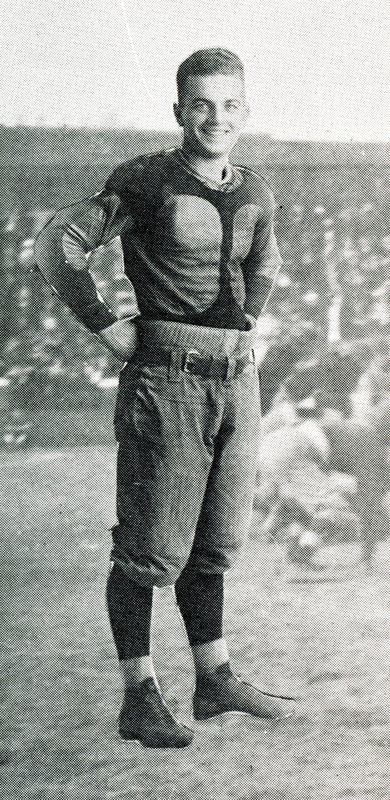War is Declared, Students Take Action
By the end of April, the student men held a meeting and agreed to organize a method to obtain military training, so that they would be prepared if they were to be conscripted.[4] They even found a former US army officer, a Lt. I. Lee Storms, to drill them. The so called "Student Cadet Corps" met three times a week at six in the morning to train with Lt. Storms.[5] Out of one-hundred and five of Morningside’s eligible two-hundred male students volunteered for drill. Participation was completely voluntary, but there were some students who believed skipping the morning drill was shameful.[6]
The women met at the same time to vote to form an auxiliary for the Red Cross on campus, and did so in spring of 1918.[4] The auxiliary made a pledge to make 10,000 surgical bandages for the Army to use when treating the wounded in Europe. Not only did they meet that goal, but they managed to craft one thousand five hundred of the dressings in just one day.[7]
The Agora Club, an organization consisting of all female students on campus, aided the war effort in any way they could. They led efforts to teach knitting in order to make clothing for the troops, and organized events to put together care packages to send.[8] The packages often contained magazines and other reading materials for the troops, as well as handwritten letters from the Morningside Students.The Agora club also spearheaded a convservation campaign on campus to save cloth and food among students. Over 100 women ended up signing the pledge to promote conservation.[9]
The student body was also an effective fundraiser during the war. As part of a funding drive for the YMCA, Morningside students raised over $3,000 in November of 1917. The money was used to improve camp conditions in Europe.[10]
Almost immediatly after war was declared on April 7th, 1917, there were Morningside students who volunteered for overseas service. Wilson Clark was one such student. Clark was a member of the class of 1917 and volunteered in April of that year.[11] He served as an ambulance driver in France. The letters he sent from the Western Front were printed in the Collegian Reporter, and for many Mroningside studetns they provided their first personal account of the war.[12]

